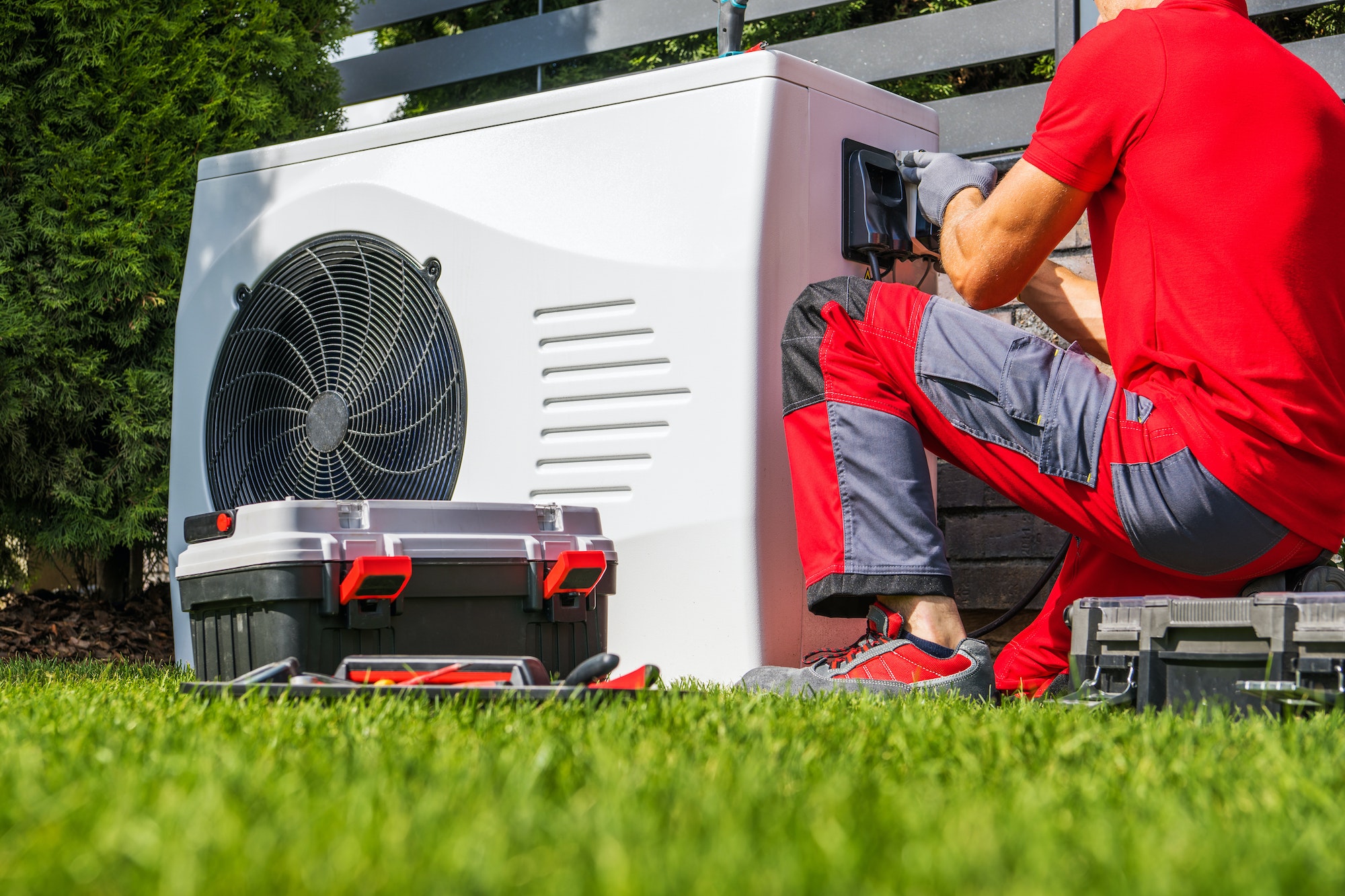It is possible that your driveways, no matter how much care and attention they receive, will still fall victim to the ravages of time and weather.
It might not be obvious to you, but weathering due to rain and sun is the number one possible cause of outdoor concrete cracks and breaks. Read until the end to learn how to prevent driveway pitfalls and protect it against the scorches of harsh weather.
Concrete Driveways Importance and the Impact of Weather
Once the shining path to your castle, your driveway may resemble a crumbling moat threatening to swallow your carriage wheels. As a property owner, you understand the importance of maintaining your home’s exterior, and your driveway is no exception. After all, it is the welcome mat to your kingdom.
Before attempting to bring your driveway back to its former glory, it is necessary to understand how weather and climate affect concrete driveways.
You can be knowledgeable about these components with the guidance of professional contractors like Dallas Concrete Driveway. In semi-arid places like theirs, concrete is mainly used, and the techniques are made for the harsh weather in Dallas. Visit their site or check out https://www.dallasdecorativeconcrete.com/ to know their process for consultation.
You will have the capacity to ensure your driveway and prolong its lifespan. Up next, explore the effects of weather and climate on concrete driveways and offer tips on maintaining and protecting your driveway to keep it looking its best.
The Effects of Weather on Concrete Driveways
As a property owner, it’s important to understand how weather can impact your concrete driveway. Concrete is durable, but it’s not impervious to the elements.
It is important that you have a glimpse of how climate impacts the outdoor floors as the concrete driveway.
Although concrete is made perfectly for high-traffic areas and extreme friction, it isn’t impenetrable by environmental factors.
Take note of the following points:
Impact of freezing and thawing
The impact on concrete driveways caused by repeated freezing and thawing is a major issue. If water manages to penetrate any cracks or pores in the concrete, it has the potential to freeze and expand, thus resulting in damage to the structure.
The American Concrete Institute has reported that freeze-thaw harm is a frequent source of concrete decay. Extreme temperature variations can also cause issues for concrete driveways.
Concrete can increase or decrease in size when subjected to intense temperatures, resulting in fractures and harm. In some scenarios, temperature modifications may cause concrete to arch or bulge, forming a tripping hazard.
Rain, snow, and sleet can permeate the crevices and pores of concrete driveways, leading to abrasion and deterioration of the exterior.
Moisture Presence Births Mold s and Mildew
Furthermore, water seepage can cause mold and mildew on the exterior of the concrete, making the concrete material undesirable and possibly unsafe.
To avert harm to your driveway from these climate-associated issues, it is critical to take preventive actions to stop damage. In the following portion, we’ll investigate some of the most effective techniques for shielding your drive and increasing its longevity.
The Impact of Temperature and Humidity
Apart from weather changes, the environment in certain locations can also influence the longevity of a concrete driveway. Here are some facts to take into account:
In hot and arid areas, direct sunlight can lead to drying and splintering on the material’s surface. Let us go back t the example of the contractors in Dallas.
Hot weather can lead to warping and other harm, whereas the presence of moisture in humid areas can make the concrete frail and deteriorate gradually. A common technique to protect a cracked concrete surface is resurfacing, serviced by the local Concrete Driveways Dallas companies.
In extreme, wintery climates, water in the form of snow and ice can lead to detrimental results when impacting concrete driveways. As temperatures drop and snow melts, it has the potential to refreeze and cause deterioration in the cement.
It is imperative to be proactive concerning guarding your driveway against the risks associated with weather conditions. You can check out dallasconcreteartisans.com for more ways to treat a concrete driveway against the outdoors. You can explore options such as utilizing coatings and regular upkeep.
Maintenance: The End Game
The driveway in your property is an asset that adds value. If you do not take care of it, it will drive guests and possible buyers away from your estate if you plan to sell it in the future.
If concrete pitting, cracking, dents, and holes are observed, it is vital to fix the issue promptly to ward off any more harm.
By implementing these plans, you can ensure that your concrete driveway remains in excellent shape for the future.
Discover more from Futurist Architecture
Subscribe to get the latest posts sent to your email.



